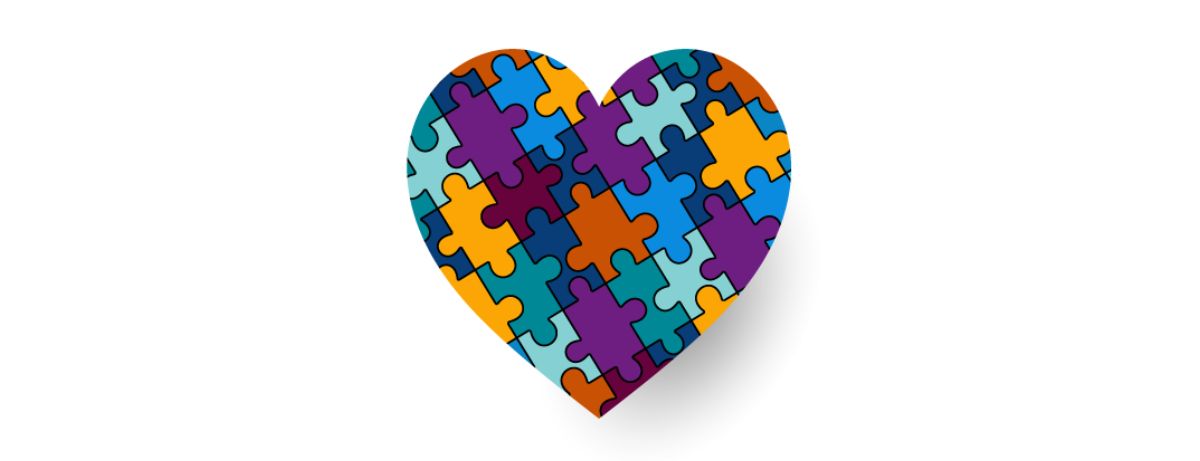Autism 101: What is Autism Spectrum Disorder?

Autism, also known as Autism Spectrum Disorder (ASD), is a neurodevelopmental disorder that affects communication, social interaction and behavior. It is a spectrum disorder, which means that individuals with autism can have a wide range of symptoms and severity.
Autism is typically diagnosed in early childhood, and it affects about 1 in 54 children in the United States. Although the exact cause of autism is unknown, research suggests that it is a combination of genetic and environmental factors.
One of the main characteristics of autism is difficulty with social interaction. This can manifest in a variety of ways, such as difficulty making eye contact, not responding to social cues, and having difficulty forming friendships. People with autism may also have difficulty with nonverbal communication, such as understanding facial expressions or body language.
Another characteristic of autism is difficulty with communication. This can include delayed speech development, repetitive or unusual language patterns, and difficulty understanding and using language. Some individuals with autism may also have a limited range of interests and may engage in repetitive behaviors or routines.
While autism is often associated with challenges, it is important to recognize that individuals with autism can also have unique strengths and abilities. Many people with autism have exceptional skills in areas such as math, music, or art. Others may have a strong attention to detail and the ability to focus for long periods of time.
If you know someone with autism, there are many ways you can support them. One important way is to be patient and understanding. People with autism may have difficulty with social cues and may struggle with sensory processing, so it is important to be patient and provide clear communication.
Another way to support individuals with autism is to advocate for their needs. This can include advocating for accommodations at school or in the workplace, or advocating for access to appropriate healthcare services.
It is also important to recognize that every individual with autism is unique, and what works for one person may not work for another. By taking the time to get to know individuals with autism and understanding their unique needs, we can create a more inclusive and supportive community for everyone.
Finally, it is important to continue to raise awareness about autism and advocate for research and funding for better treatments and therapies. With increased awareness and understanding, we can help create a more inclusive and supportive world for individuals with autism and their families.
In conclusion, autism is a complex and varied neurodevelopmental disorder that affects many individuals and families around the world. While it can present unique challenges, it is important to recognize the strengths and abilities of individuals with autism and to support them in their unique journeys. By working together to create a more inclusive and supportive world, we can help ensure that everyone has the opportunity to reach their full potential.
MEDICAL DISCLAIMER: The content of this Website or Blog is not intended to be a substitute for professional medical advice, diagnosis, or treatment. Always seek the advice of your physician or other qualified health provider with any questions you may have regarding a medical condition. Never disregard professional medical advice or delay in seeking it because of something you have read on this Website or Blog.
If you think you may have a medical emergency, call 911 immediately, call your doctor, or go to the emergency room/urgent care.
